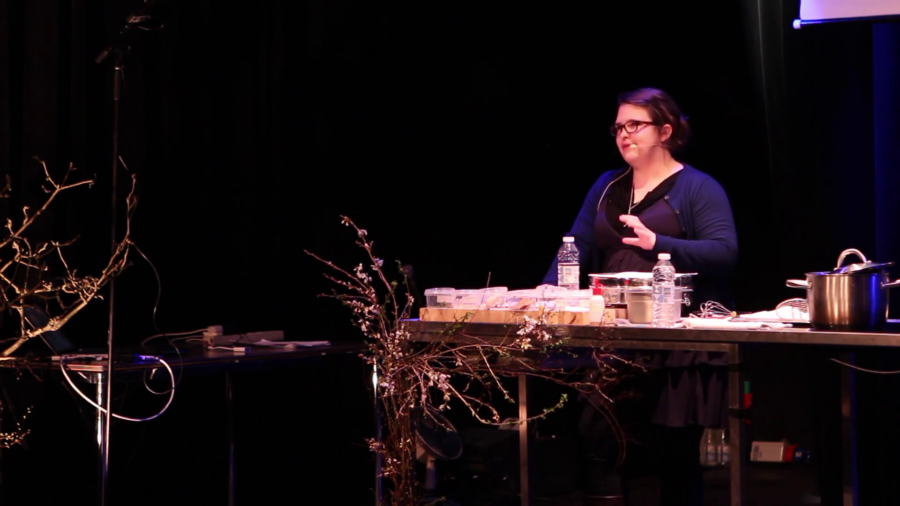My job is to work with cooks to figure out the science behind food and cooking. But something that we’re also interested in with my job is using the knowledge that we produce by doing that to improve the world.
Archive
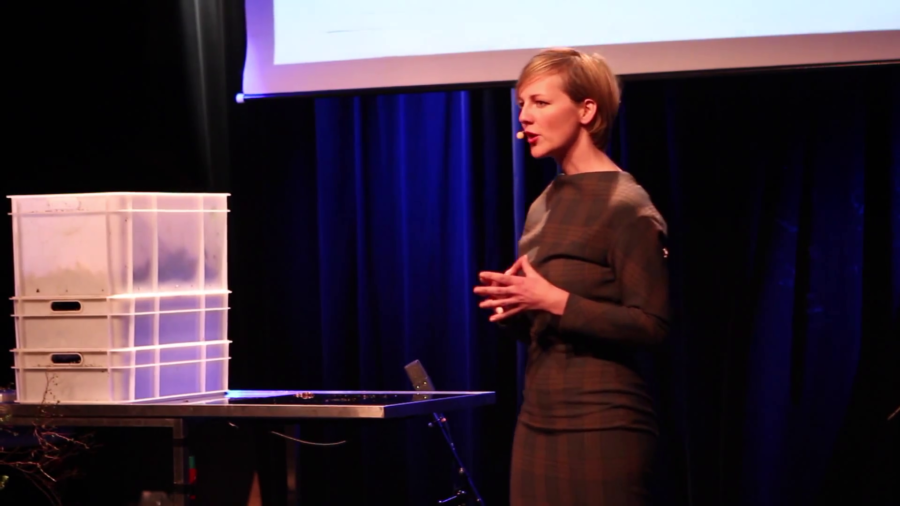
What I want to tell you is that in 2050 we don’t even have waste anymore. There will be no waste in 2050. Everything will be seen as a treasure, because we will have created what some smart people call a circular economy.
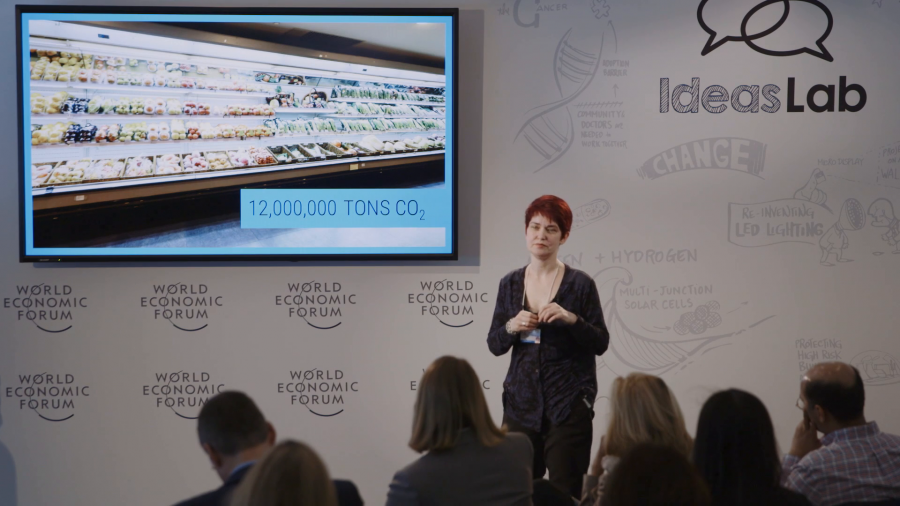
Machines generate waste heat when they do work for us. And this year, seven billion of us will use twenty-five trillion kilowatt hours of electricity. An awful lot of that will end up as waste heat. So, we treat waste heat as a problem. We see it as a challenge to design how we can manage it. We don’t think of it as a resource. If we thought of it as a resource, that would be results we are just throwing away.
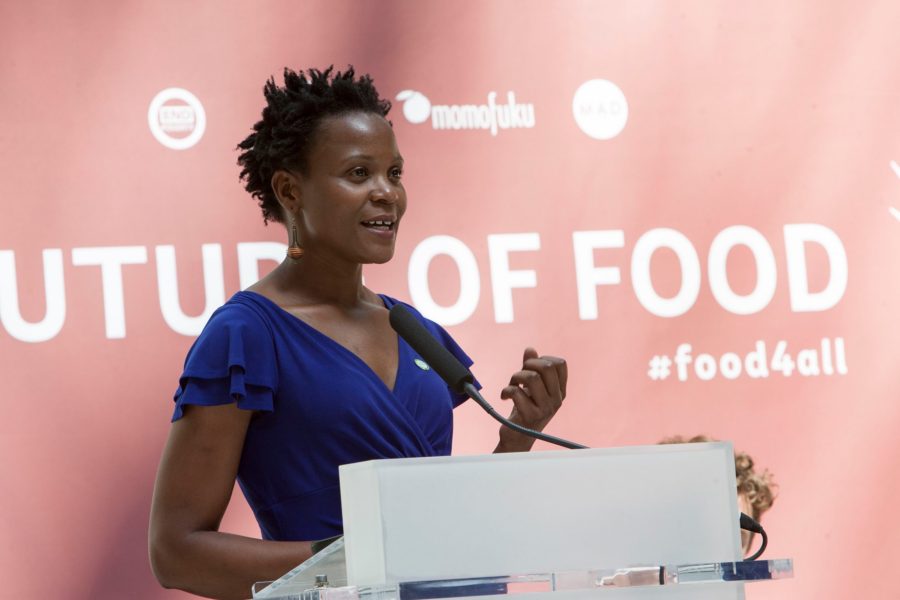
When I learned to farm mushrooms, I discovered to grow mushrooms you use agricultural waste that is available to all the poor families in any any place we can say this is a struggling country. As long as they practice some form of agriculture, they will have this kind of waste material.
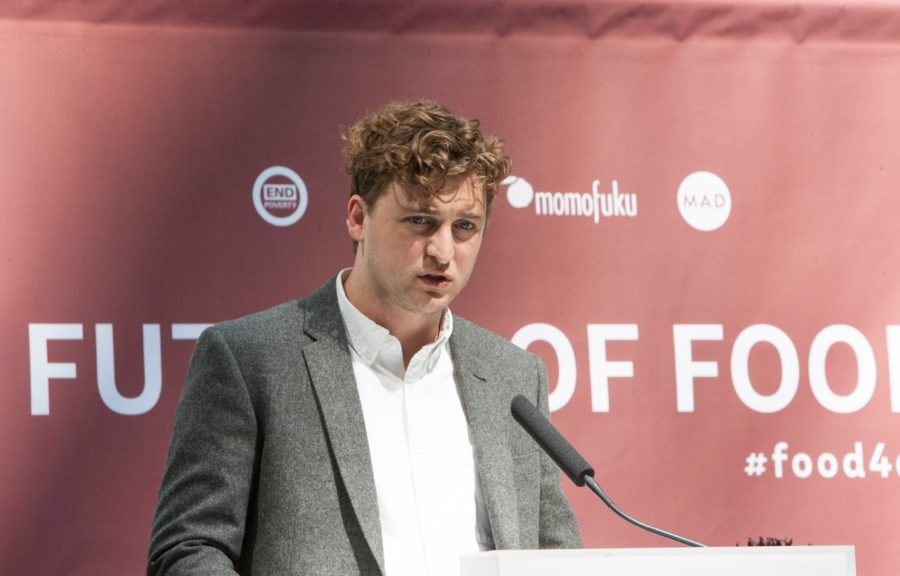
We’re here today to start a new conversation about the world of chefs and cooks, between the world of chefs and cooks, and you the delegates and influencers and people here at the World Bank. The reason we’re here is to find ways to work together to build a food system that feeds everyone, every day, everywhere.
In the future, we have to change the way we look at consumption. That’s why I’m such a big proponent of the sharing economy. Because it’s not an issue of if it’s going to happen, it’s when it’s going to happen. And I’d rather people voluntarily adopt it now and start realizing the benefit of it now while we’re still in this kind of relative land of plenty, than be forced into it later when all of a sudden there’s not enough water to cover Phoenix anymore because it’s a huge city in the middle of a desert and they have to go on water rationing.
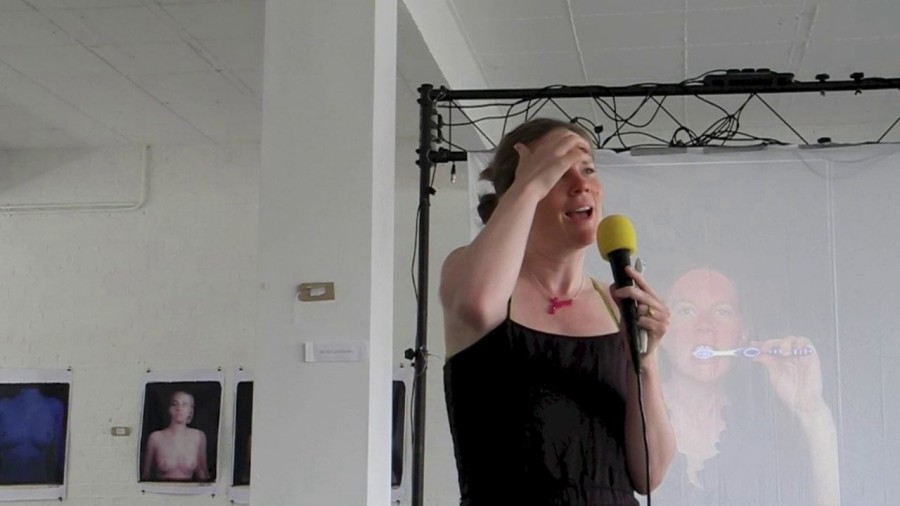
[A]ll these hidden infrastructural and material costs go into the stuff that we just use very very quickly. We just kind of consume them, we don’t think about them, we just want to go on with our lives. When you start actually sort of picking away, looking at it all, you realize how shocking it is.

